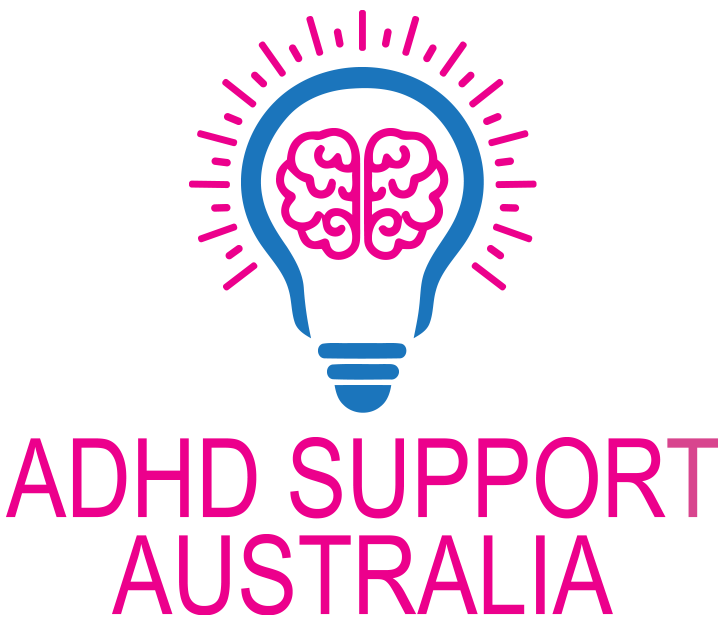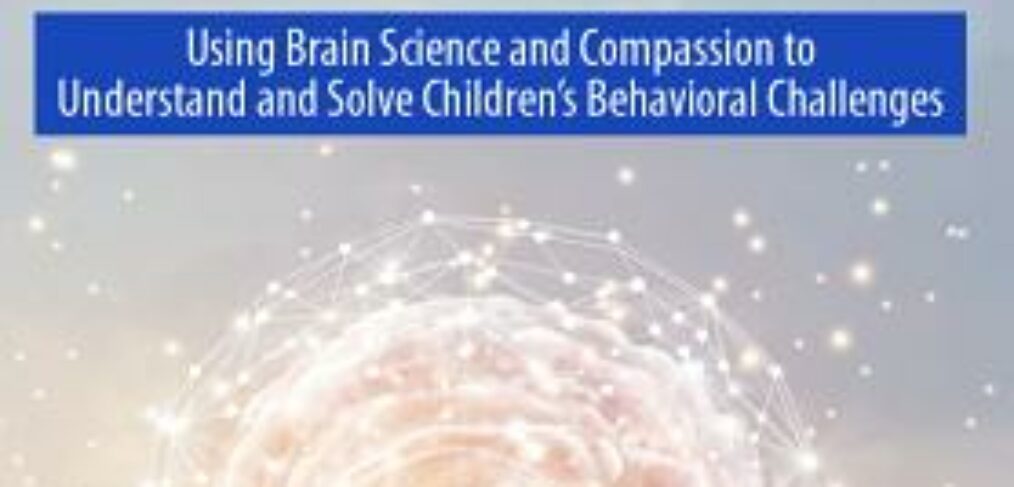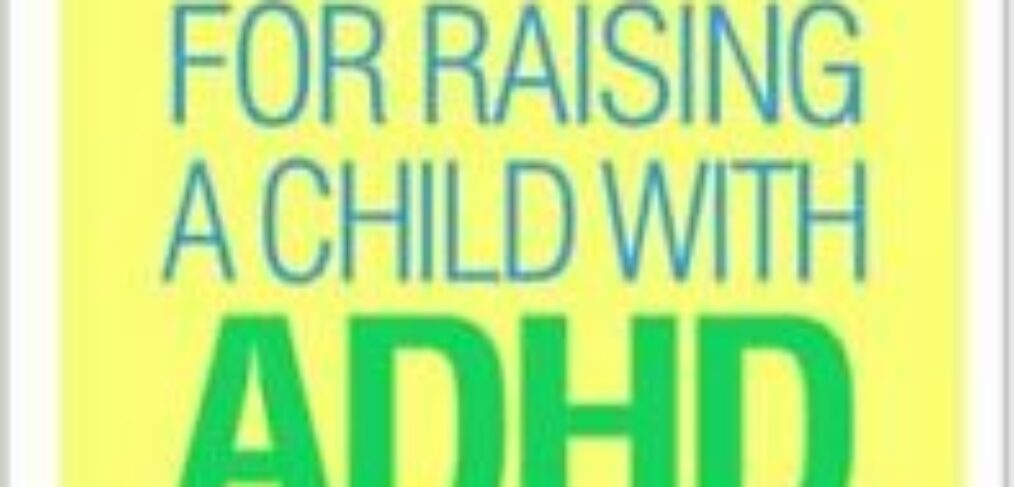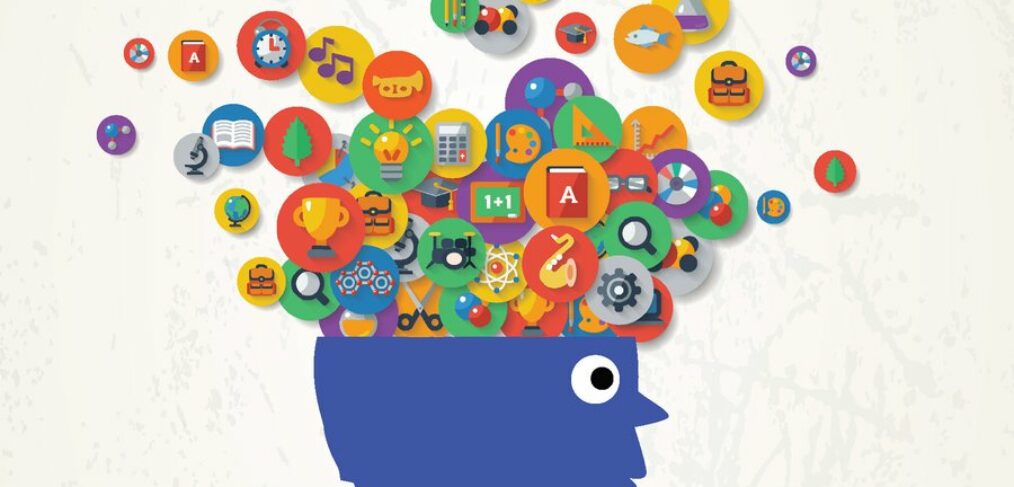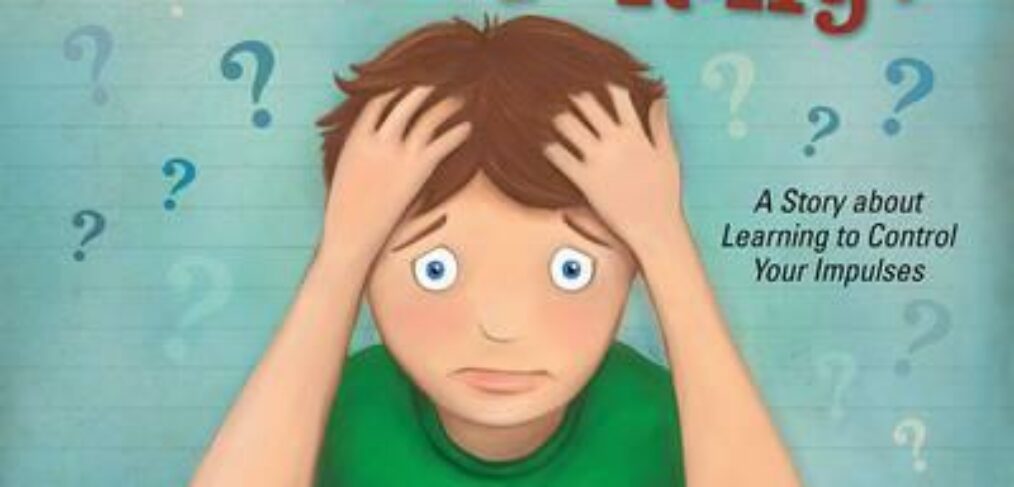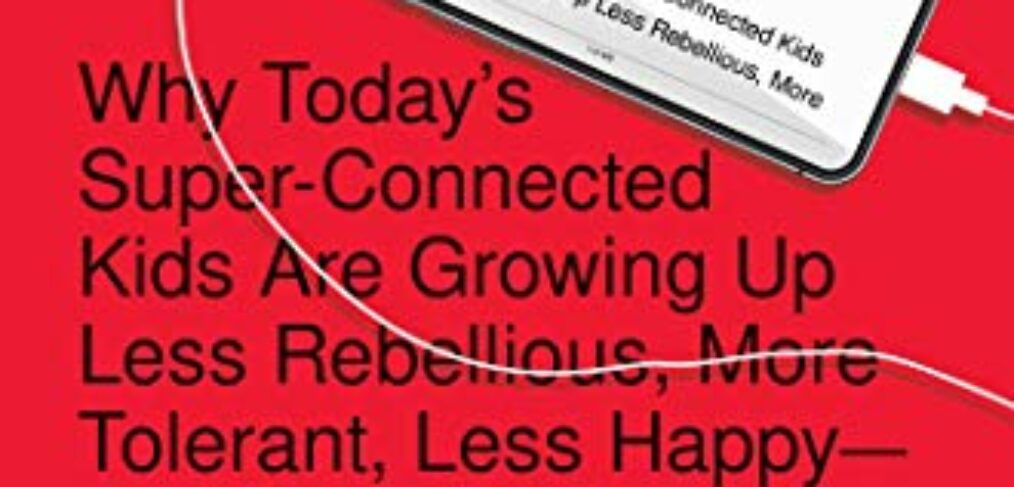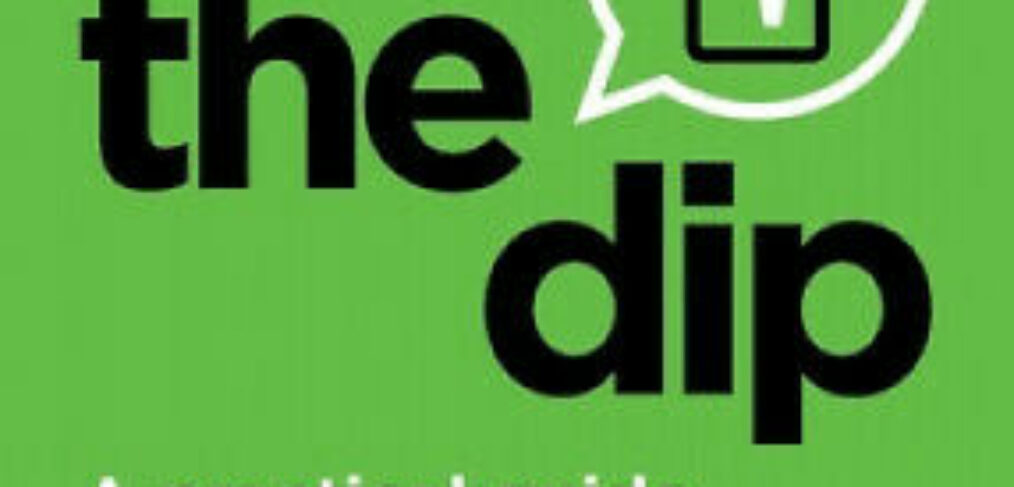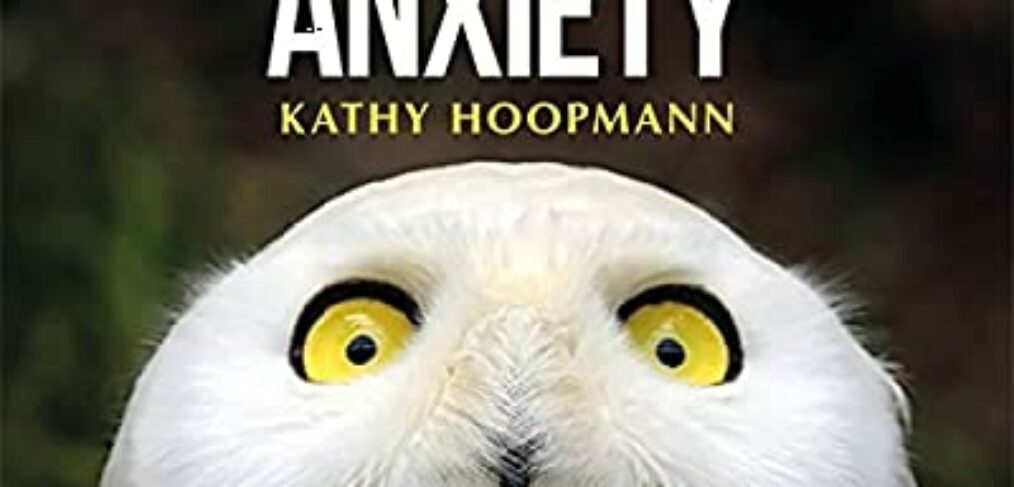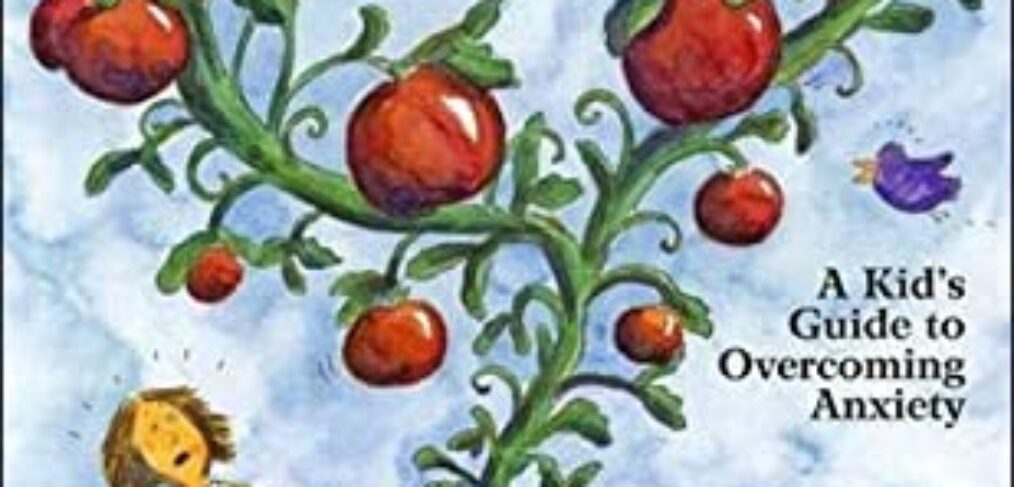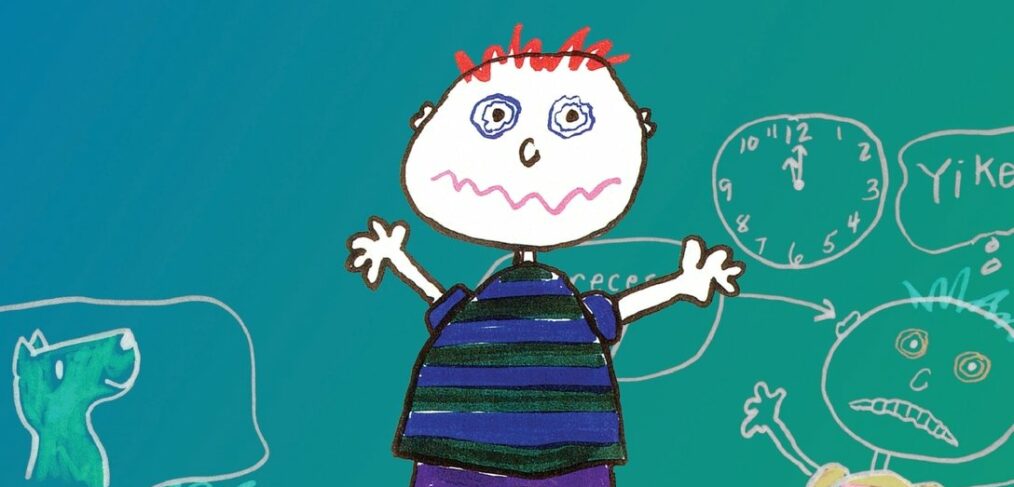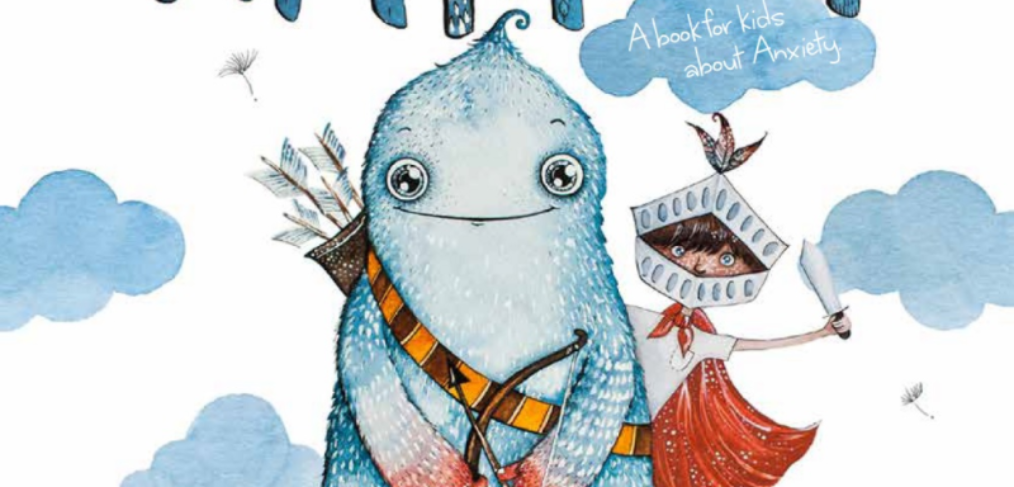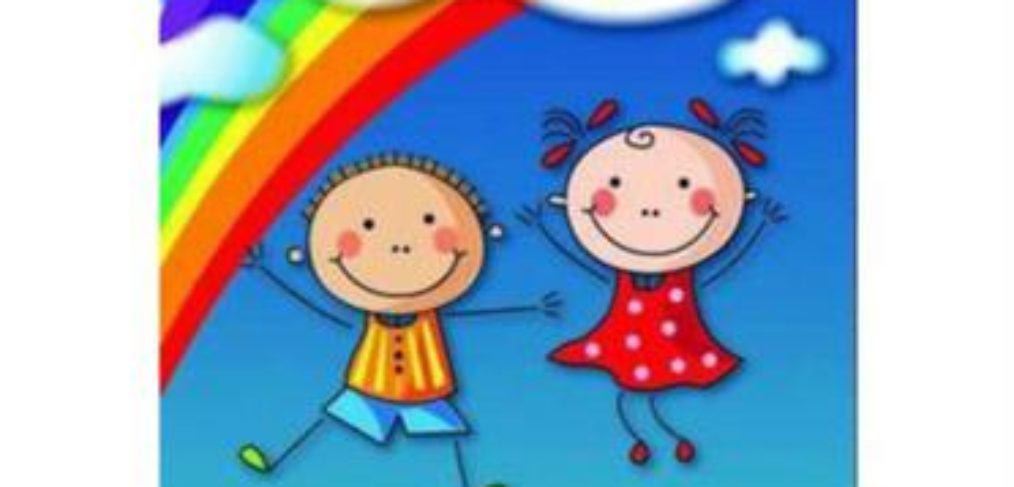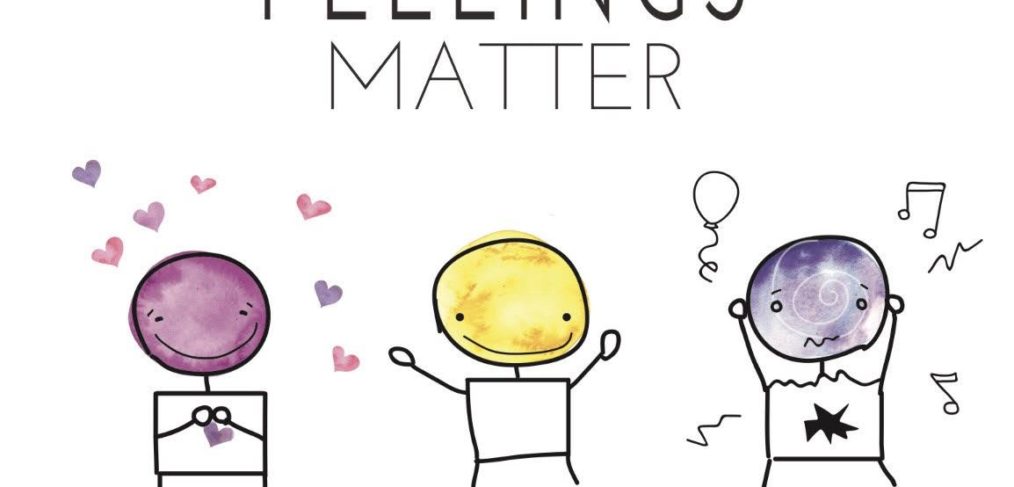Beyond Behaviours : Using Brain Science and Compassion to Understand and Solve Children’s Behavioural Challenges
A PARADIGM SHIFT FOR CAREGIVERS THAT WILL REVOLUTIONIZE THE WAY YOU APPROACH, TREAT OR PARENT A CHILD WITH CHALLENGING OR EXPLOSIVE BEHAVIOURS.
When you are confronted with a child who is troubled, disruptive, oppositional, defiant or angry – whether you are a parent or a teacher – it can be difficult to know the best way to support them. Traditional methods of ‘shaping’ a child’s behaviour can often be at best ineffective, at worst distressing, for child and adult alike.
Drawing on 30 years of experience, internationally known paediatric psychologist Dr Mona Delahooke describes these troubled behaviours as the ‘tip of the iceberg’, important signals that point to deeper, individual differences in the child that we need to understand and address before we can resolve behavioural challenges. Using the very latest neuroscientific research Beyond Behaviours makes the case that many children who can’t seem to behave simply don’t have the developmental capacity to do so – yet.
This book uses neuroscientific findings to help you deconstruct behaviour challenges, and to discover their cause and triggers for your child. It will show you how to apply this knowledge across a variety of behaviour spectrums, from children diagnosed with autism or other forms of neurodiversity, to those who might have been exposed to toxic stress or trauma during their early years. There are practical strategies to implement at every stage, backed up by impactful worksheets and charts, with a strong emphasis not on ‘managing’ behaviour, but instead on helping children and families build positive experiences to counteract the stress and pressure felt by everybody when you’re working, or living, with a child who has behavioural challenges.
Accessible, practical, warmly supportive and steeped in research and clinical expertise, Beyond Behaviours offers a break-through book which guides us – parents and caregivers alike – to the realisation that the most important tool in our toolkit is always our connection with the child standing in front of us.
